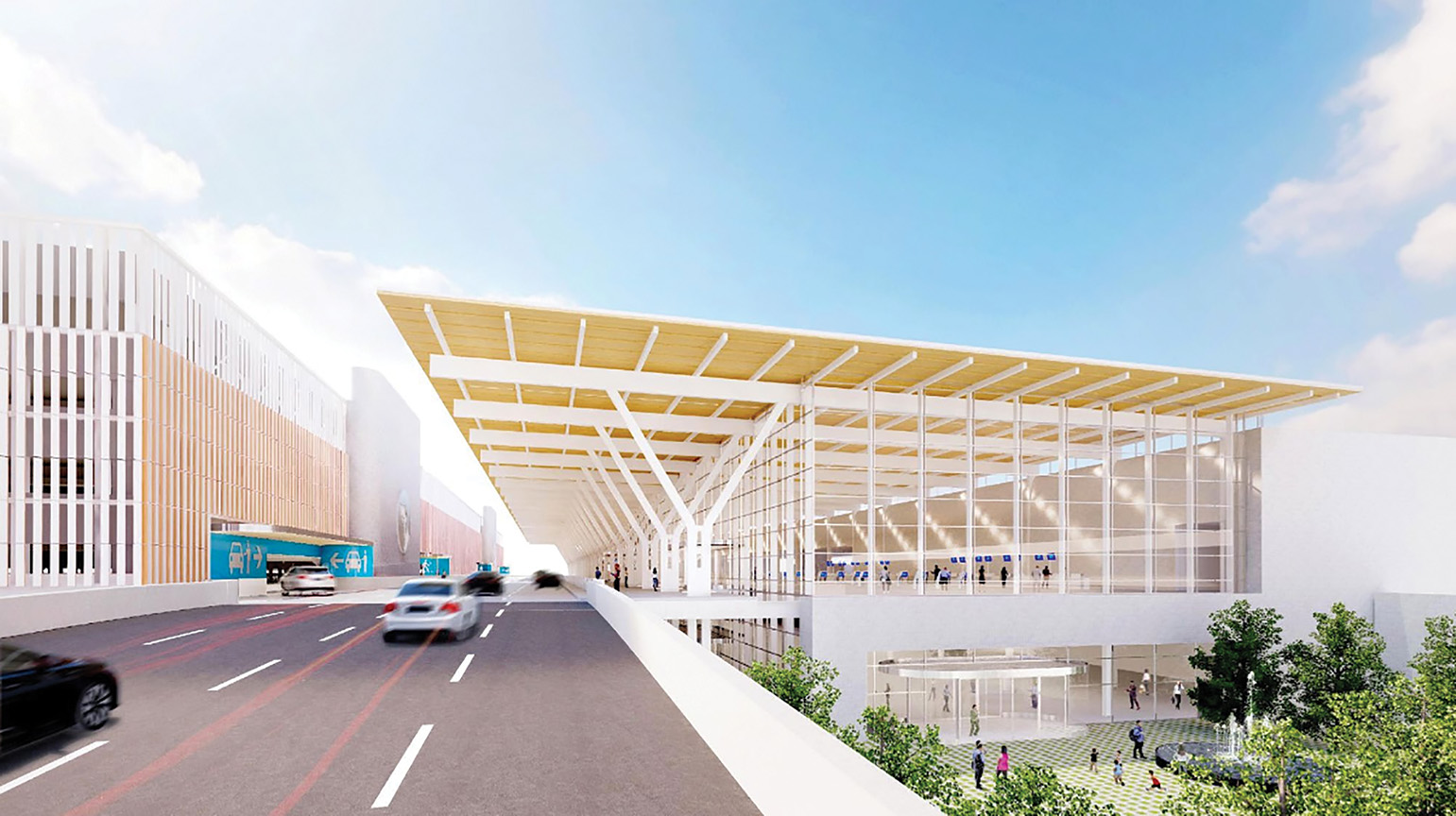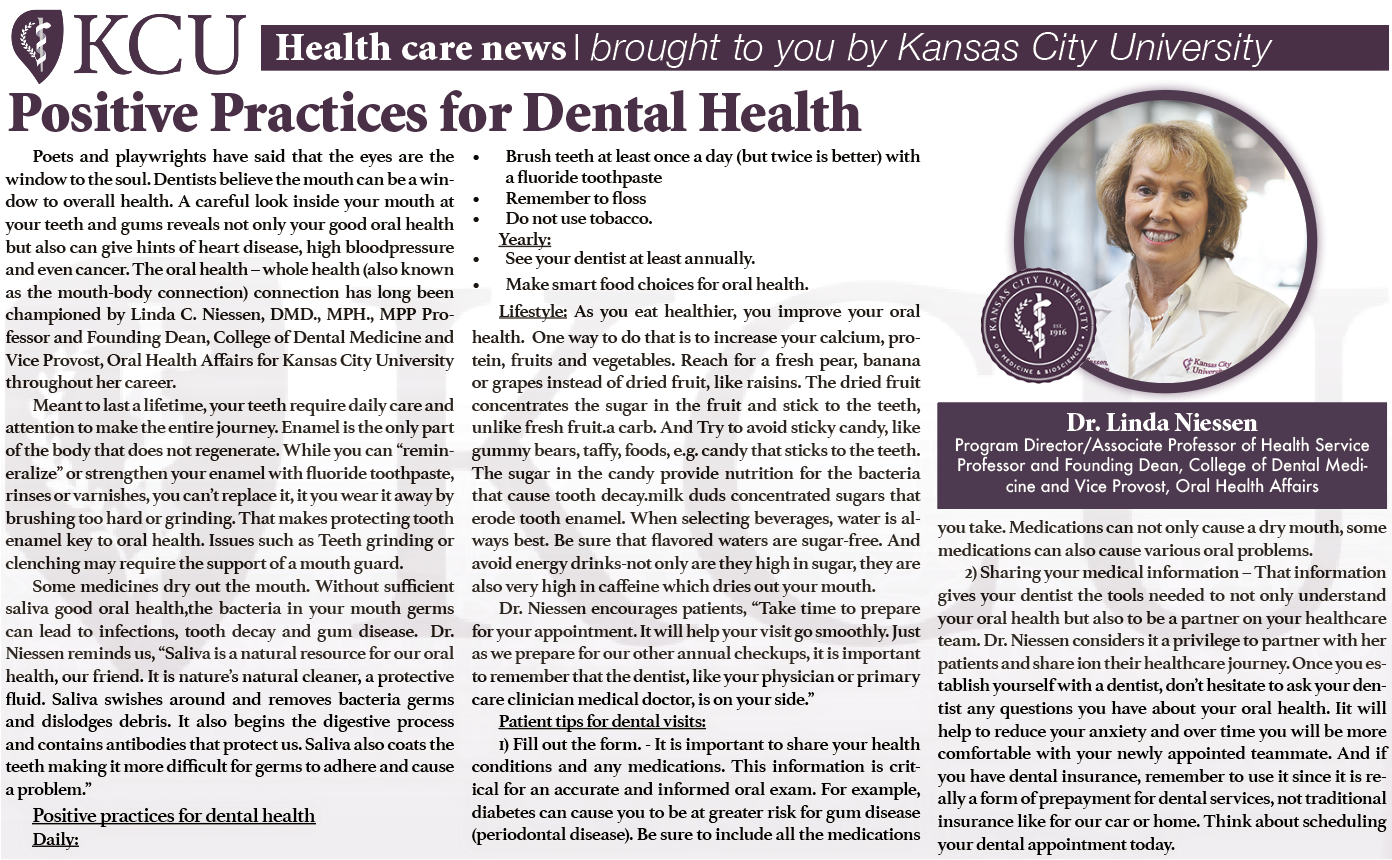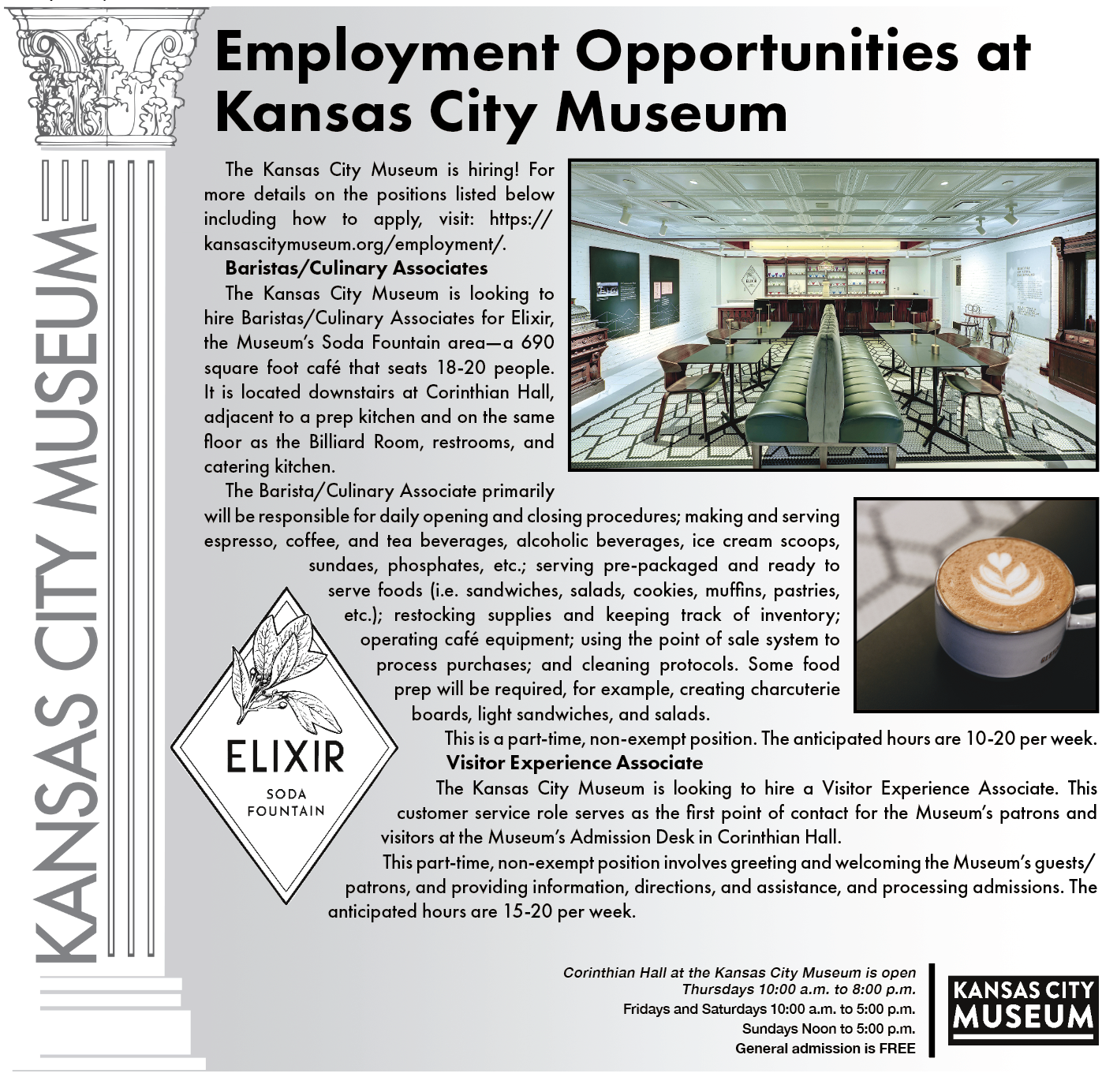Elizabeth Orosco
Northeast News
Residents who are interested in working to help construct the new Kansas City International Airport have an opportunity to do so with the Terminal Workforce Enhancement Programs.
Representatives from Edgemoor presented information to Northeast residents Wednesday, September 4 at the Northeast Kansas City Chamber of Commerce.
The goal of the community outreach is to gather information about what barriers residents face that would hinder pursuing construction work at the new airport.
With this information, the Clark, Weitz, and Clarkson (CWC) team, a joint venture, will get a better understanding of what specific needs the community is facing.
The team is working to offer paid workforce training, free or subsidized transportation to and from the job site through KCATA for the duration of their employment, access to licensed child care with extended hours, and onsite medical care.
The workforce training will be a 3-week program that focuses on fundamentals of various construction trades.
The classes will be held from roughly 6am to 3pm Monday through Friday and trainees will be paid $400 per week during the training.
Interested candidates are not required to have previous construction experience, but must be at least 18 years old, have basic reading and math skills, and must be drug free and complete a drug screen.
The CWC team is looking to hire 800-1,200 construction employees for the project.
At the presentation, residents filled out a survey that outlined barriers they face that would not allow them to seek job opportunities for airport construction work.
One of the main concerns expressed at the meeting was the language barrier.
The workforce training is being offered in English and Spanish, however, the Northeast residents in attendance at the meeting speak Swahili and required an interpreter for the meeting.
Their concern was being allowed to bring an interpreter along to the training.
Dan Moylan, Sr. Development Manager, said they are currently offering the training in Spanish and English, but are not sure if they will be able to offer it in Swahili.
He also mentioned that the aptitude exam would be administered in English, and no interpreter would be allowed.
According to the TWEP website, “there are educational and pre-vocational services available that can prepare individuals to meet the language requirements of one or more registered apprenticeship programs.”
Moylan said he hopes candidates take advantage of programs that assist individuals in learning English to be able to access the workforce training.
“There are a lot of other programs out there that can help bridge some of the gaps that we are not able to cover,” he said. “We are working with them to say ‘if you can’t speak English currently, go to these programs, get that training, and then come to us.’ We are hoping people get started in those programs to allow them to come into our training programs and achieve a level where they can continue with that program.”
Currently, the entirety of Terminal A has been demolished and construction on the new terminal will begin in the next few weeks.
Once completion of Terminal A is finished, Terminals B and C will be demolished.
The entire airport is slated to be completed in 2023.
Renderings of the new, one million-square-foot, two-level airport showed a new, 6,300-space parking garage, and 39 gates for all airlines to use.
There will also be one security checkpoint with 18 lanes that all passengers will need to pass through.
This, Moylan said, will create less work and make the terminal more efficient.
The arrival and departure curbs will also be placed on different levels to increase the effectiveness of the traffic flow.
The project seeks to achieve Leadership in Energy and Environmental Design (LEED) gold, which is an internationally-recognized green building certification system, developed by the U.S. Green Building Council (USGBC).
LEED provides owners and operators a framework to identify and implement green building design, construction, operations and maintenance solutions.
For more information on the new KCI project, to fill out a survey, or get more details on the Terminal Workforce Enhancement Programs, please visit www.cwcjv.com.



















